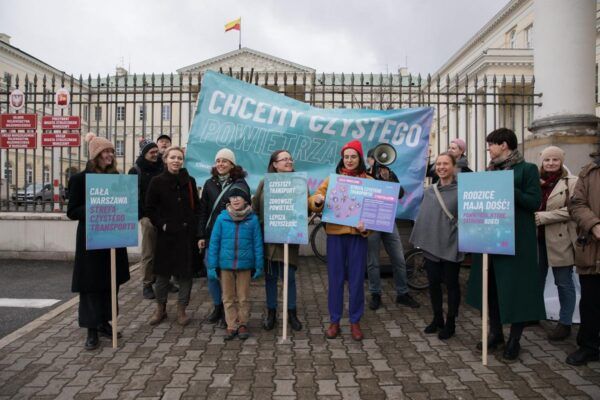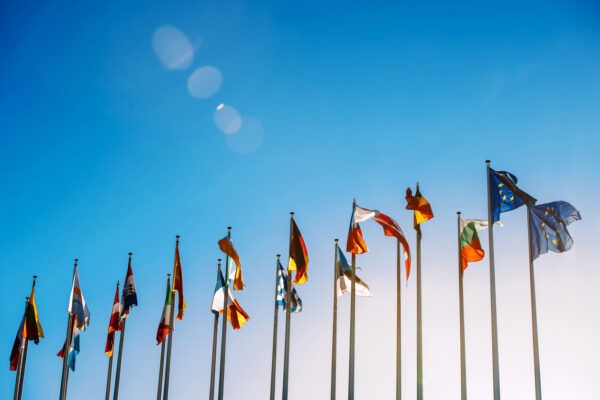The economic cost of air pollution is greater than previously acknowledged, according to Bruegel’s new working paper. Despite significant progress, air pollution still causes €600 billion in losses each year in the European Union – equal to 4% of its annual GDP. These costs stem from productivity losses, such as increased absenteeism, the reduction of in-job productivity and harm to ecosystems.
Air pollution costs are disproportionately high in eastern Europe and Italy, where losses are projected to remain above 6% of GDP until 2030. The EU’s 10% most-polluted regions suffer 25% of the burden of mortality attributed to air pollution. Measures against air pollution should be prioritised, not delayed, in these regions.
Clean air action is profitable
Implementing clean air measures boosts economic growth by €50 billion to €60 billion every year. The EU’s increasing commitment to cleaner air is reflected by a threefold increase in the funds allocated to promoting clean air policies: from €7 billion annually for 2014-2020 to €25 billion annually for 2021-2027, notably supported by the Recovery and Resilience Facility (RRF). EU financial support must continue beyond 2026 when the RRF terminates.
The EU’s pioneering air quality standards – the Ambient Air Quality Directive (AAQD) – sends a strong signal but leaves loopholes: exceptions and postponements for some member states may jeopardise overall progress on cleaner air.
Fossil fuel consumption is one of the main obstacles to achieving clean air targets. Yet fossil fuels subsidies were fourteen times higher than EU clean air funding between 2014 and 2020, and are projected to remain five times higher for the years ahead. Ammonia, an important precursor of fine particulate matter mainly stemming from agriculture, is insufficiently regulated.
Recommendations for EU states
1. Change the discourse
Our economic analyses indicate that, while action on air pollution is often framed in the media and in the public debate as a cost, clean air action is a profitable investment that will yield economic benefits in multiple sectors. Changing the discourse may be key to generating greater coherence among different EU sectors and policies.
2. Ensure adequate implementation of AAQD
Compliance with limit values for key pollutants must be enforced, especially in view of the agreed exceptions and postponements for regions that do not make sufficient progress. Urban centres are particularly important, accounting for 70% of air pollution hotspots.
3. Support for fossil fuels must be phased out
Subsidies to fossil fuels were 14 times higher than EU clean air funds between 2014 and 2020, and are projected to remain five times higher for the years to come. Member states should progressively reduce subsidies to fossil fuels, going hand in hand with the decarbonisation of the economy over the next few years.
4. Devise context-specific clean air policies
Identifying clean air action actions for each region and quantifying their potential gains is paramount to accelerate the transition to cleaner air. Phasing out coal use in residential heating is most profitable in eastern Europe, while reducing industrial and agricultural emissions would reap more benefits in the north of Italy. More clean air specific projects are needed. Indeed, in EU’s most affected countries, less than 5% of the total funds allocated to clean air have targeted this objective as their primary goal.
5. Clean air action needs to be sustained in the years to come
The economic costs of air pollution – and thus the potential gains associated with its reduction – are estimated at more than €3 trillion for 2024-2030 – that is 2.9% of projected GDP over this period. Supporting clean air action beyond the Recovery and Resilience Facility, which covers the majority of the current EU funds, is paramount. Clean air financing should be maintained – if not increased – in the next multiannual financial framework, based on the substantial health and economic benefits of reducing air pollution. A possible route is the progressive phase out of fossil fuel subsidies.

